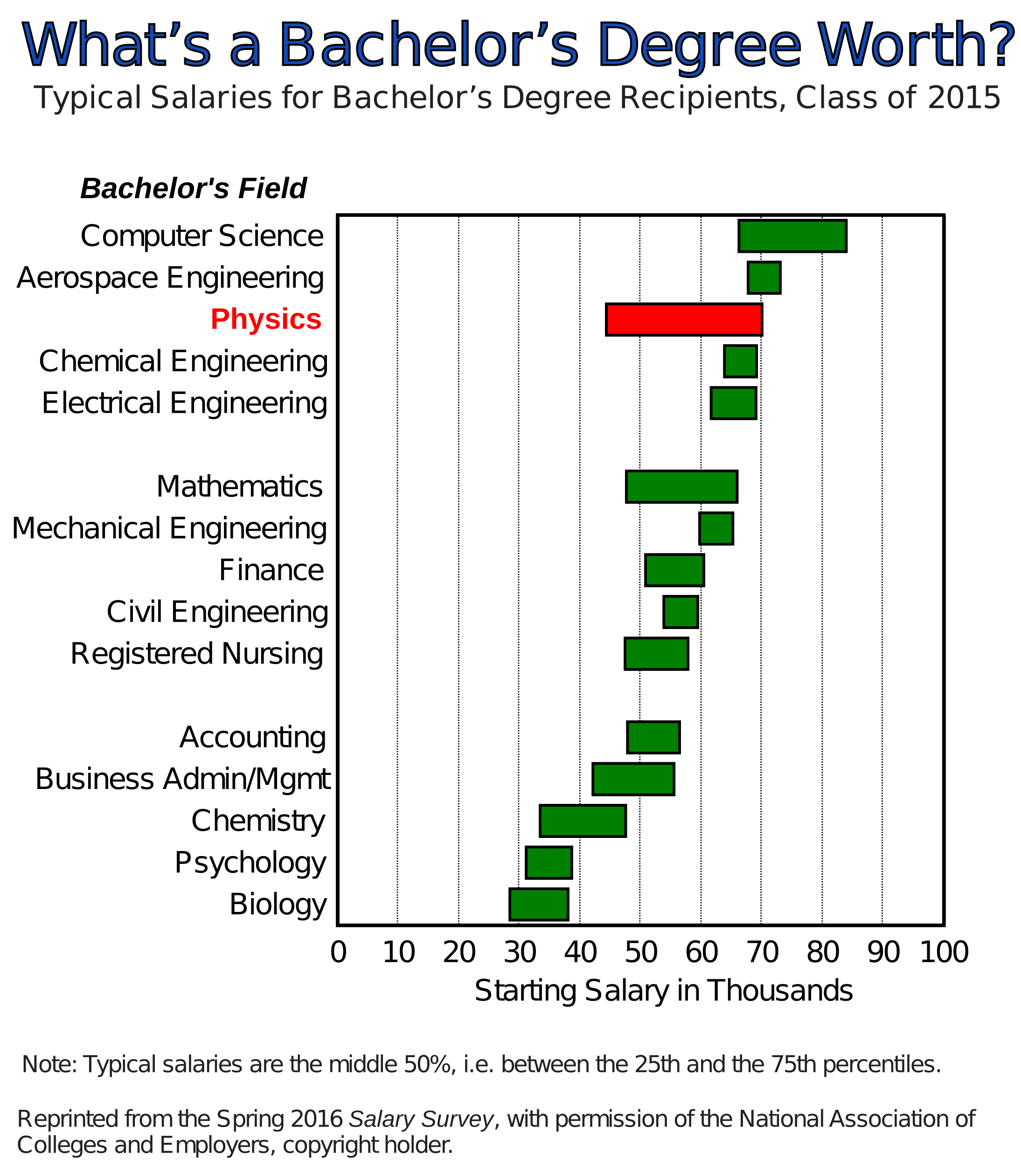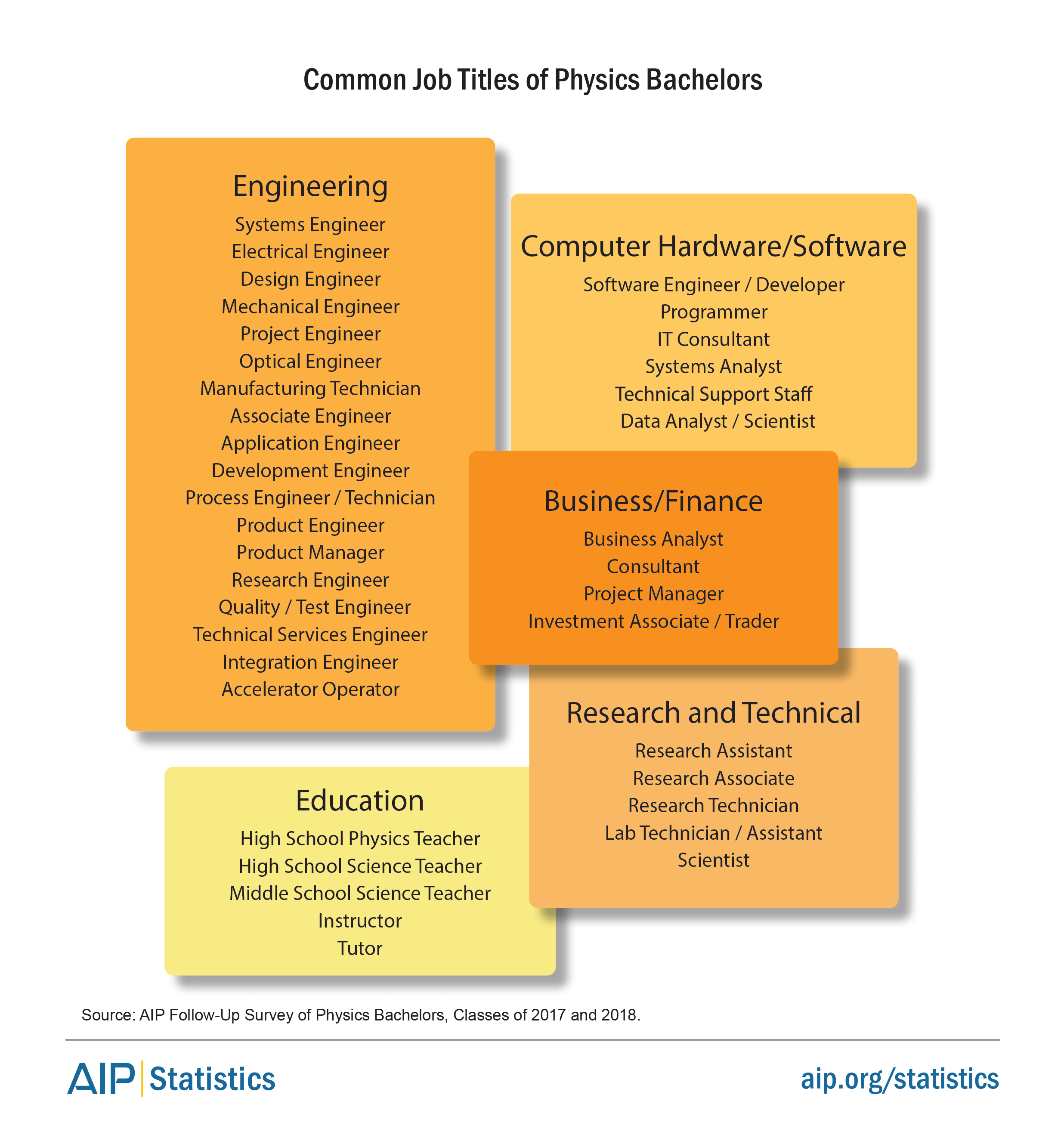Here are some helpful student resources covering everything from general physics and astronomy news to planning your post-graduation life. The list is not exhaustive, but we hope this gives you a starting point.
- Please talk to any faculty members to ask if they have a space for you to get involved in their research.
- Look for job postings under Student Employment in the portal for open positions in research labs for the semesters. Positions are generally advertised a few weeks before the beginning of semesters.
- Apply for summer research opportunities at Colgate. Positions are generally announced during the first week of January for opportunities during the following summer.
- Pathways to Science is a database with the listing of various summer research opportunities, fellowships, and other opportunities for undergraduate students. The programs are searchable by type, location, and discipline, and you can even find special programs for women and underrepresented minorities as well as opportunities for international students.
- Keck Northeast Astronomy Consortium hosts summer research on astronomy-related topics.
- CMS Summer Internship for Underrepresented Minority Undergraduate Students.
- Explore research as an undergraduate (REU) opportunities across the nation. This internship opportunity will be the best experience for you to get exposed to state of the art research at research-oriented universities and national labs.
- American Physical Society (APS) also keeps a small database on internships and fellowships for undergraduates. [Some opportunities are open for international students.]
- Society of Physics Students (SPS) organizes a few internships every year. [Some opportunities are open to international students.]
- Various National Laboratories across the country have Department of Science Undergraduate Laboratory Internships (SULI).
- Oak Ridge Institute for Science and Education (ORISE) lists various opportunities for undergraduate students to explore.
- IBM has a summer internship for women and underrepresented minorities. [Open to international students.]
- Become an intern at NASA. This has some opportunities for international students from certain countries as well.
- Fermilab has summer research opportunities some of which also accepts application from international students. [Some opportunities are open to international students.]
- Brooke Owens Fellowship supports exceptional women and gender-minority students for summer internships in the aerospace industry.
- LIGO SURF internship at Caltech. [Open to international students.]
- Summer Internship at Glenn T. Seaborg Institute. [Potentially open to international students.]
- REU at Lehigh University. [Open to international students.]
- Summer Research Porgram at MIT. [Open to international students.]
- Summer Student Research Assistantships at National Radio Astronomy Observatory. [Open to international students.]
- Space Astronomy Summer Program at Space Telescope Science Institute.
- REU at UC Davis. [Open to international students if they can bring their own funding.]
- Some other private industries also offer summer internship programs for a Physics major. You can use job search engines or go to the career section of the website of the industry that you are interested in to find opportunities for Physics Majors.
Below are some of the opportunities outside of the US. These are open to any students enrolled in the US undergraduate program.
- German Academic Exchange Service (DAAD)’s Research Internship in Science and Engineering (RISE) program recruits students in US Universities to conduct internships in German Universities or Industries.
- CERN in Geneva has opportunities for undergraduate students.
- UROP International program at RETH Aachen University, Germany.
- Leiden/ESA Astrophysics Program at Leiden University, The Netherlands.
- Netherlands Institute for Radio Astronomy summer internship.
- The research internship program at Perimeter Institure for Theoretical Physics in Canada.
- This site has a collection of various scholarships and research opportunities for Astronomy, Physics and related majors.
Worrying about what happens after you graduate? Consult with faculty for guidance, and check out some of these great resources online.
Planning for Graduate School:
- Colgate Career Resources has put together a resources and provide support for preparing and submitting applications to graduate schools.
- Graduate School Shopper has detailed information about various graduate programs in Physics & Astronomy.
- National Society of Physics Students has complied resources on applying to graduate schools.
Planning for Jobs:
- Career Services - The University’s career services office can help you prepare for a career right out of college, or for further study at the graduate level.
- American Institute of Physics (AIP) has a list of employers by state who have hired Physics Bachelors.
- American Physical Society careers - Resources for job-seekers in Physics.
- Physics Today Jobs - Science, engineering, and computing jobs for Physics students.
- Graduate school advice from the national Society of Physics Students
- Statistical Research Center - Compiles data on who is hiring physics majors and other physics employment data. The Center also publishes general trends in physics careers.

.

Here are some sites to help you keep up on the latest discoveries in Physics and Astronomy:
- Physics Central - An educational/news page from the American Physical Society.
- Astronomy Picture of the Day - Check out some amazing astronomical photos.
- Physical Review Focus - Extracts of latest publications in Physical Review.
- Bad Astronomy - Actual good astronomer, and excellent science explainer Phil Plait promises the entire Universe in blog form, and delivers.
- The Planetary Society bloggers keep on top of the latest in Solar System missions and research.
Department-related involvement:
- Seminar Series - Suggest visiting speakers or topics that would be of particular interest to physics and astronomy concentrators. Host speakers for lunch following their presentations, at which you can ask more questions about their presentations or their paths from P&A studies into their current fields.
- Recruitment - Help the department improve outreach to prospective students. Meet with prospective students and families to answer questions and give tours of the department. Call admitted students in April to answer questions and encourage them to visit. Assist current students’ recruitment efforts by developing presentations they can give when they visit their high schools at home over breaks.
- Computer coordinator - Suggest improvements and report problems with computers in student lounge and computer classroom.
- Tutors - Serve as a tutor or peer instructor for the introductory physics courses. Contact the instructors before the beginning of each semester to ask if jobs are available.
Outreach activities:
- Outreach to Colgate - Run demo days, sponsor egg drop contests, make liquid nitrogen ice cream, and other fun activities that give physics students a chance to get together and also invite their friends.
- Outreach to community - Meet with visiting school groups (coordinated by Joe Eakin). Make presentations at local schools. Develop new outreach programs, working with interested faculty.
- Outreach to alumni - Increase ties between physics and astronomy alumni and the current students. Contact alumni to gather information about careers and experiences since graduation. Ask alumni if they are willing to help current students with job networking. Invite alumni to join a department Facebook or LinkedIn group. Organize outreach events when alumni visit campus for homecoming or other events.
Physics, Engineering and Astronomy outside of class:
- NASA—Form a team to propose an experiment for microgravity: ssep.ncesse.org.
- Designing and building projects—Build an LED cube (totally cool--check this out: youtube.com/watch?v=6mXM-oGggrM---this would be great for our new display area) or a trebuchet (who knows when you'll be called upon to defend the castle?), or a ham radio, or whatever else a group of students is interested in designing and building. Work with department technician Hans Benze.
- Conferences—Get together a group and go to a local conference! See nyss-aapt.org/.
- Physics Club—Be a part of Colgate's Physics Club - help with outreach, get together to discuss physics and hang out with your fellow physicists.
- Star 'Gate—Join fellow students interested in astrophotography. Contact them atstargate@colgate.edu, or view their work at on Instagram.
- Engineering Club—In recent years, the club has built hovercrafts and flown instrumented helium balloons hundreds of miles.
- Impulse—Join a student group dedicated to fostering inclusivity in science, technology, engineering, and math.
Having fun:
- T-shirt committee—Design and print department T-shirts!
- Sports coordinator—Organize intramural teams.
- Events coordinator—Organize lunches with faculty, department social hours, campus-wide outreach events such as demo days, viewings and discussions of APS webinars on employment and graduate schools, town-hall meetings with the department, and any other events you think of.
Where can I get funding for these projects?
- American Physical Society (APS) and American Association of Physics Teachers (AAPT) for travel to conferences
- APS and AAPT for outreach efforts (see Bauder fund of the AAPT)
- SGA Budget Allocation Committee for events
- Center for Learning, Teaching, and Research for conference attendance if you are making a presentation (not just observing)
- Physics and astronomy department for other needs.